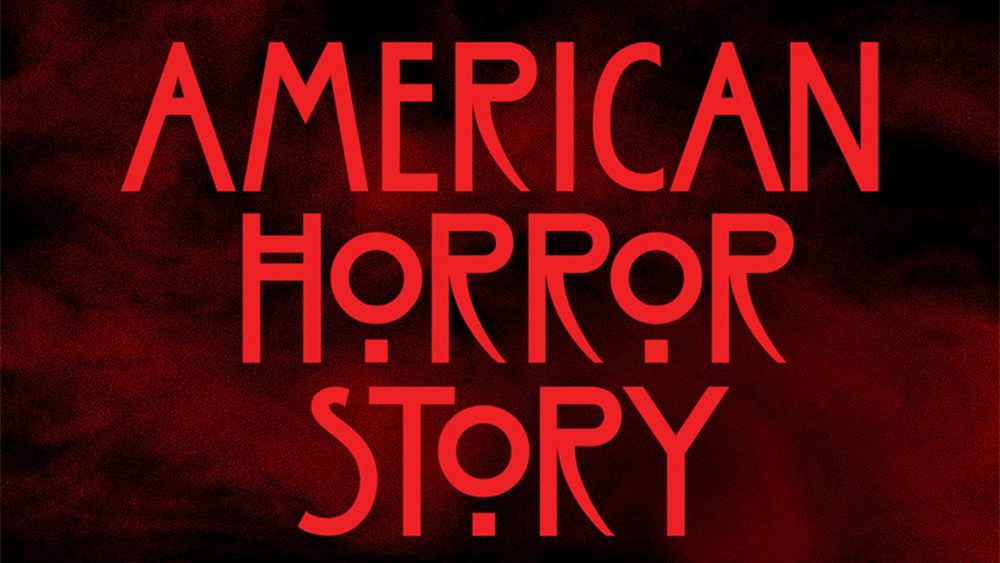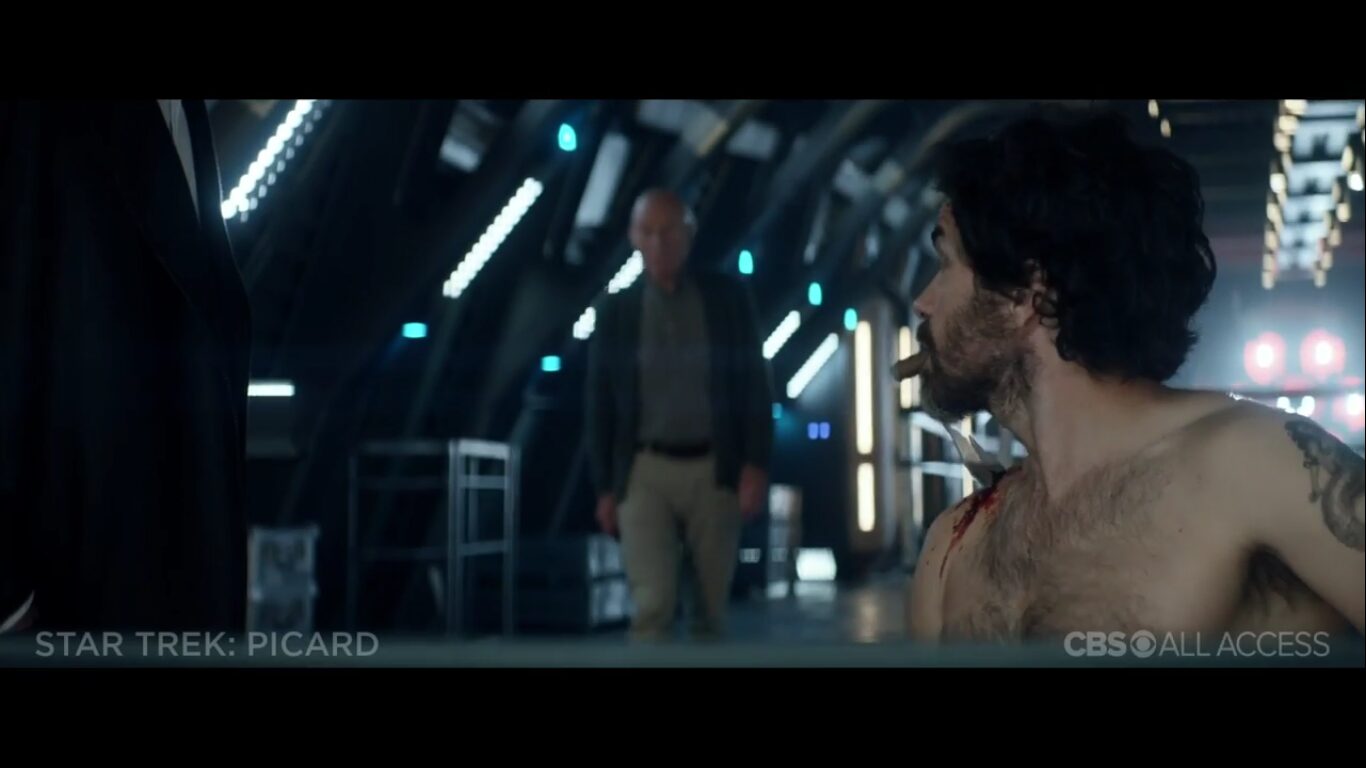There’s a lot to like about “The Truth.” Hell, I’d go as far as to say that five episodes in, it’s looking extremely unlikely that 11.22.63 will ever produce what you’d call a “bad” episode (although calling your episode “The Truth” certainly gives you a high bar to hurdle). But this was the most uneven the show’s ever been, and while it was still as gripping and enjoyable as ever, it was impossible not to notice when it hit a speed bump.
Unfortunately, it was a rather large speed bump. I’m on record as saying this might be my favorite James Franco performance ever (with the exception, maybe, of Pineapple Express or Milk), but this is his first time directing an episode of 11.22.63, and it shows. Franco isn’t necessarily a bad director, and he’s certainly an ambitious one (in his short career behind the camera he’s tackled Cormac McCarthy and William Faulkner), but his idiosyncrasies don’t mesh well with this material. There are far too many jumps between characters, the result of frenetic editing and directing; stylistic flourishes like random closeups that served only to be distracting; and an unnecessary voiceover, which the show hasn’t used before, but which Franco the director is very fond of (see Child of God; better yet, don’t).
All of this just makes “The Truth” stick out, and not always in a good way, from the rest of the series. It’s fine for Franco to put his personal stamp on an episode, but here it interrupts the visual cohesion that the previous four episodes had established so well. It doesn’t help that Franco is tasked with filming one of 11.22.63‘s clunkiest subplots.
I’m speaking, of course, of Johnny Clayton. Johnny is a classic Stephen King psychosexual sadist, and uses weird King insults like “cockboy,” which I really hope isn’t taken as a Twitter handle. My problem with Johnny is that he would have arguably worked better as a one-off villain; his return just adds a thriller element to the show that I’m not quite convinced it needs. And since his confrontation with Jake and Sarah takes up almost the entirety of “The Truth,” it does little and less to advance the actual plot. The novel was able to let this breathe more, so it wasn’t as noticeable, but the show is only eight episodes, so once again this stands out.
I’m not crazy about T.R. Knight’s portrayal of Johnny, either. The Foghorn Leghorn accent didn’t win me over (memories of Kate Burton on Scandal), and in general he was way over the top, compared with the measured performances from Franco and Sarah Gadon. I will say, though, that the Jake/Sadie/Johnny scenes were tense and uncomfortable almost in spite of themselves, and it was very satisfying to see Sarah shoot that Marco Rubio-looking motherfucker in the chest.
It sounds like I’m being really hard on this episode. Maybe I am – but don’t get me wrong, I enjoyed it, and it hasn’t changed my feelings towards the show. Like I said earlier, there was a lot here to like. George MacKay has proven himself to be a standout amongst the cast, and Bill’s budding romance with Marina Oswald is the best argument possible for his expanded role. (Bill/Marina is arguably more interesting than Jake/Sadie. In love with an assassin’s wife? There’s a star-crossed romance.) And Nick Searcy once again brings a fatherly kindness to the role of Deke Simmons, responding with a satisfied “Good” when Jake admits to killing Johnny.
There’s an undercurrent of tenderness to 11.22.63 – hell, to all of Stephen King’s works, for the most part – and it shines through in one beautiful shot in “The Truth,” as a dozen high school kids follow Deke so they can go give blood for Sadie. It’s a simple shot, and a simple gesture, but it conveys the kind of homegrown innocence that Jake is working so hard to save. In an episode that didn’t touch too much on the main plot, it’s nice to get subtle reminders like that.
A Few Thoughts
- Jake pretty succinctly sums up the Kennedy assassination, and subsequent conspiracies: “It doesn’t matter why he shoots. It only matters if he shoots.”
- That tableau of Johnny and Sadie at the table, her with a bloody hood on, was creepy, lurid, and dreamlike. This show, like the best of King’s works, is great at strategically withholding violence.
- I loved Franco’s dismissive delivery of “Walker’s a fuckin’ sociopath.”
- And his deadpan reaction when Sadie is taken to the same Dallas hospital in which JFK died. “Parkland. Of course.” As if the past is taunting him: You couldn’t save her, you can’t save him.
- I’m, like, 90% sure that my banner pic isn’t from this episode, but it was hard to find pictures online, and you know me, I like to give you guys pretty pictures to look at.





